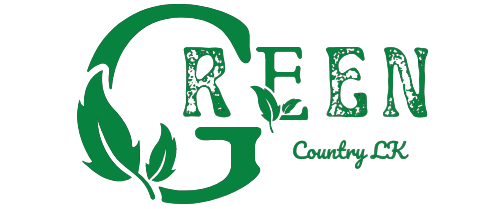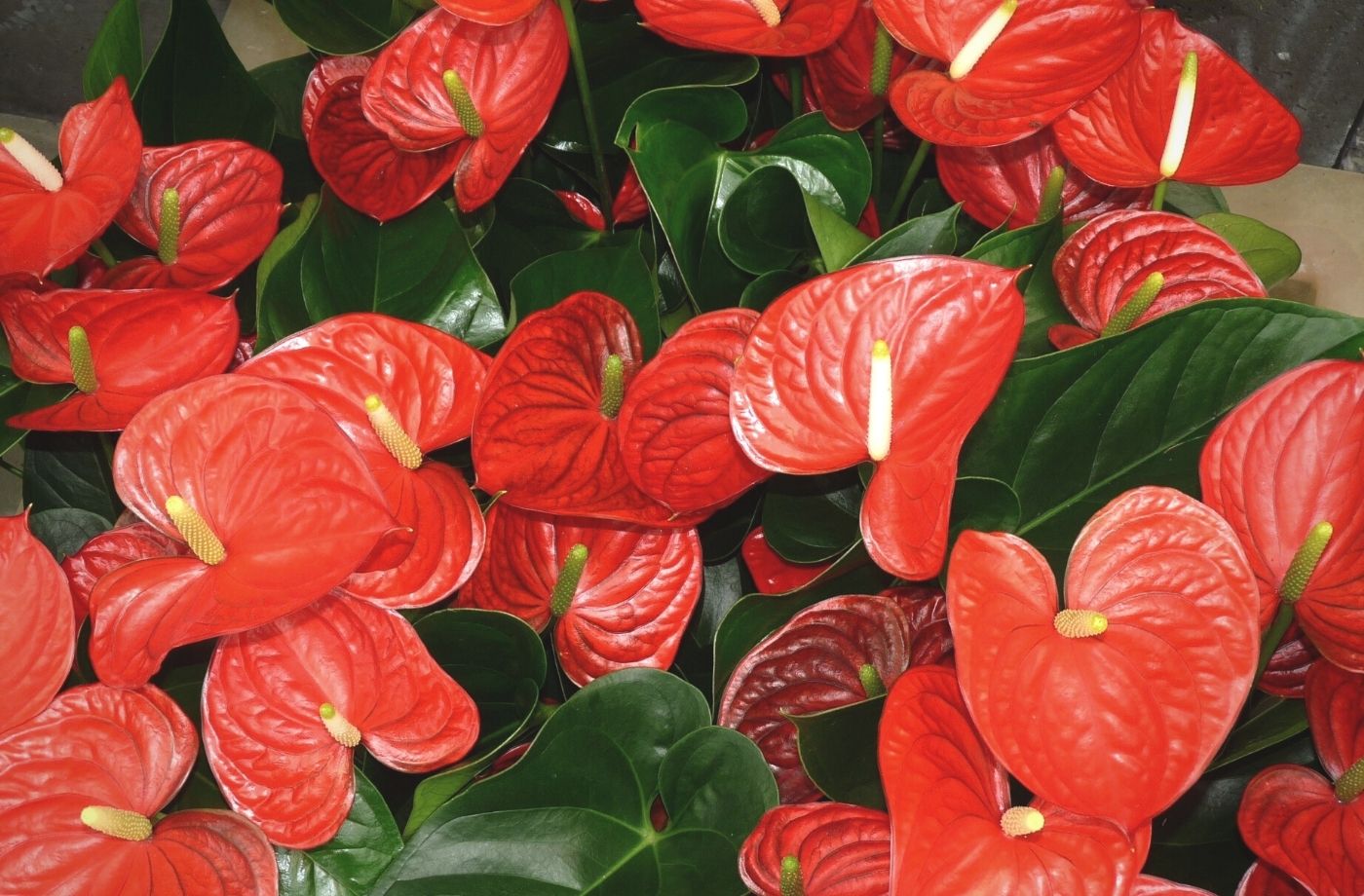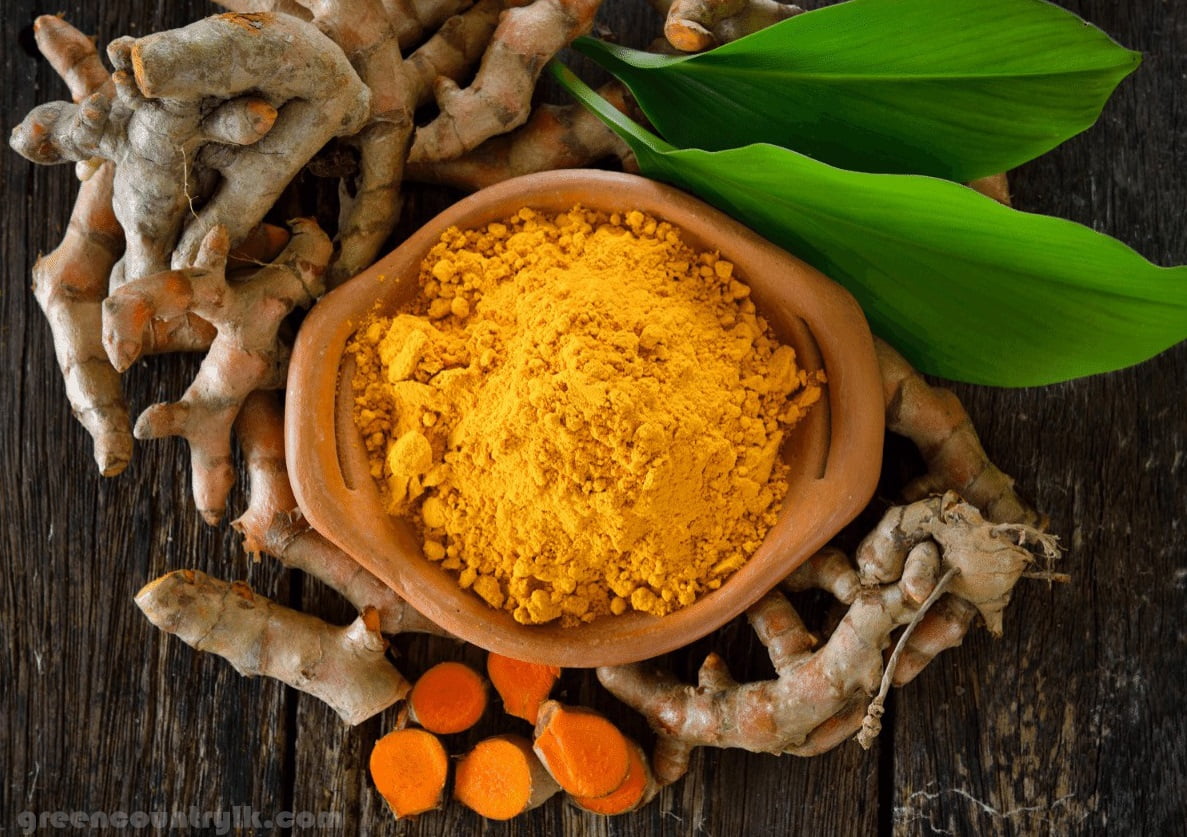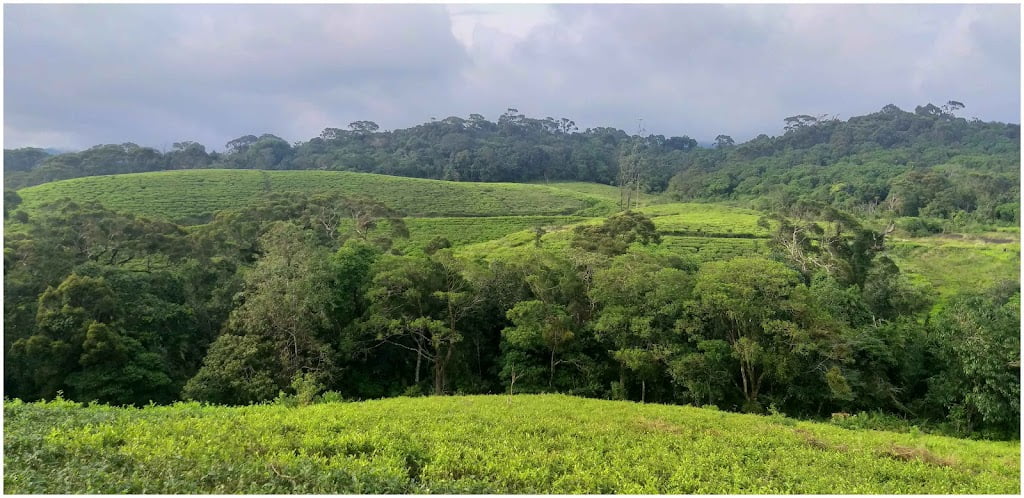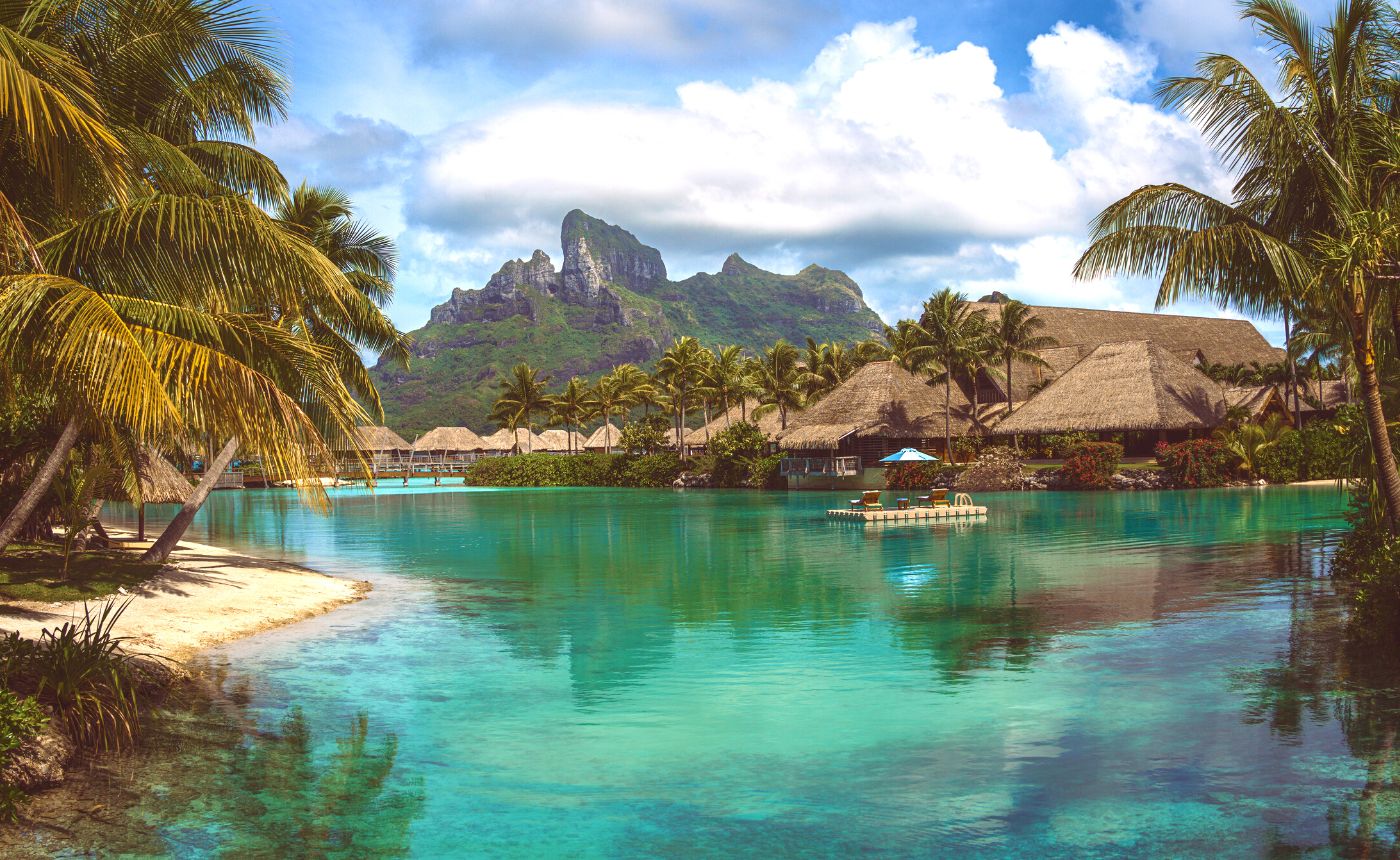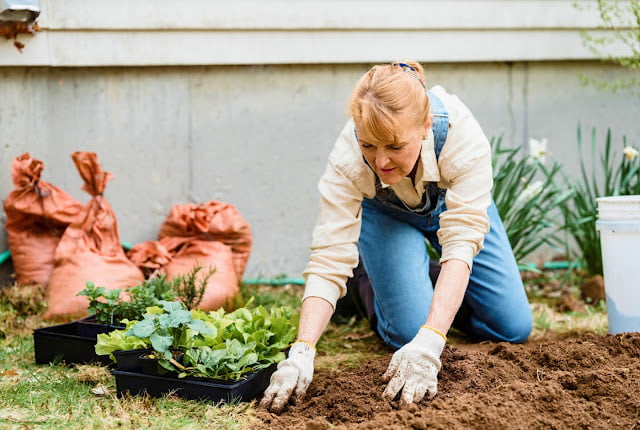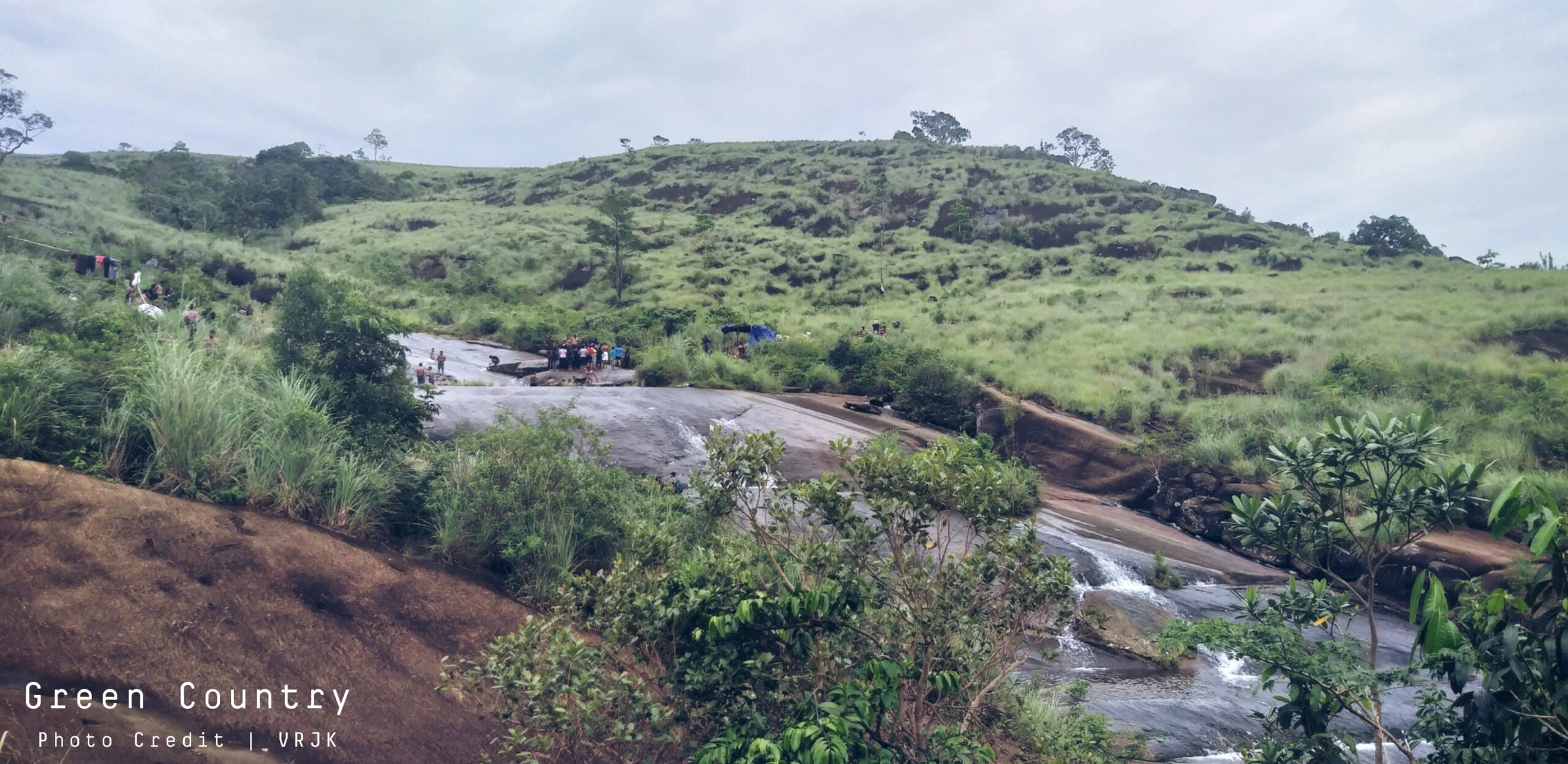Anthurium is a flower that can be used for general decoration of the house as well as for special occasions. Anthuriums are in great demand for home gardening, local markets and exports. Although the popularity of many flowers varies from time to time, the demand and popularity of the anthurium flower has remained the same for a long time. Its popularity continues to grow. In addition to the flowers needed for the garden, anthurium is also a lucrative crop.
Anthurium Varieties
- Anthuriums grown for flowers
- Anthuriums grown because of the variety of leaves
Red Anthurium

Anthurium Kotmale type
Anthurium Andrianum orange variety

Pink and purple anthuriums

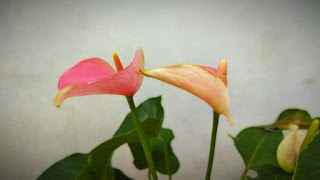
How to Grow Anthuriums?
Climatic requirements for anthuriums:
- Temperature – 25 ℃
- Humidity – 75%
- Anthurium also needs well drained soil.
Prepare a well-drained bed and first add coir rice, red brick pieces and coconut coir to the soil. Place anthurium seedlings on the bed and place coconut husks around the anthurium. Add dried manure, mildew twigs, pieces of charcoal decaying leaf litter to the bed.
Planting the plant:
An apprentice for Cultivation Anthurium seedlings of suitable quality for cultivation should be procured from a place where the seedlings are sold. It is advisable to immerse 5 seedlings in pots. Pots with a diameter of 30 cm should be selected for planting. Plants should be placed on the holes in the bottom of the pot with tiles and bricks about two inches high, with decayed leaf litter and a mixture of anthurium fertilizer on top. About an inch of the top of the bowl should be left intact.
| Anthurium Fertilizer (Organic System) |
|---|
| Green manure |
| Parts of dry dung |
| Coir rice portions |
| Sand Coal Parts |
| Urea kg. 3 h (if you want) |
| Anthurium Fertilizer (Chemical System) |
|---|
| Calcium Nitrate 250g |
| Potassium Nitrate 150g |
| Micro nutrients 50g |
| Mono Ammonium Phosphate 250g |
| Potassium Nitrate 100g |
| Magnesium Sulphate 50g |
Planting in seedling beds:
If anthuriums are planted in beds, they can be planted in two ways.
- Construction of drains and cultivation
- Preparation of beds and cultivation
Whichever of the two methods is used, the artificial method should provide shade. If drains are constructed and cultivated, drains should be prepared at a depth of 25-30 cm on a flat ground and a layer of bricks should be applied at its base Then a chemical should be applied to control the mites. Planting can be done after 5 days by applying the fertilizer mixture on the bricks. If the beds are to be cultivated in a systematic manner, the soil should be loosened to a depth of about 25 cm and the beds should be prepared and fertilized with insecticides. After that it is advisable to plant the seedlings at a spacing of two feet between the seedlings. Fertilizer application, watering and weed control should be done systematically.

Here are some essential nutrients for anthurium cultivation. The most nutritious of these are phosphorus, nitrogen and potassium. While these components are essential, there are also nutrients that need to be applied secondary. Thus calcium, magnesium, iron, zinc, molybdenum, boron, etc. can be used to get a rich flower harvest. Although all these can be applied properly, the fertilizer should be applied according to the growth stages of the plant.
Growth stages of anthurium cultivation:
- Small stage up to 8-10 months
- Intermediate stage 8-10 months to 1,1 / 2 years
- Flowering period from 1,1/2 years upwards
Nitrogen fertilizers should be applied sparingly at a young age and phosphorus should be applied more at a moderate stage. It is best to apply plenty of potassium during flowering. Fertilizer application occurs in two stages, liquid and granular. You can use any of these methods.
Apply liquid fertilizer:




